Subir Gokarn, a realist and an optimist
He was a sharp, innovative economist who combined empathy and an understanding of India’s ground realities with memorable modesty. In his passing is the loss of a deep talent
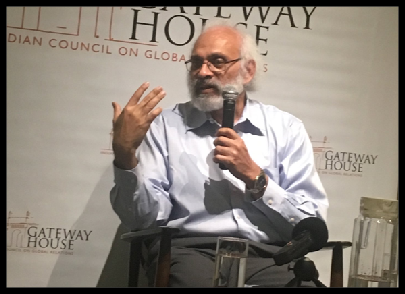 Courtesy: Gateway House
Courtesy: Gateway House
He was a sharp, innovative economist who combined empathy and an understanding of India’s ground realities with memorable modesty. In his passing is the loss of a deep talent
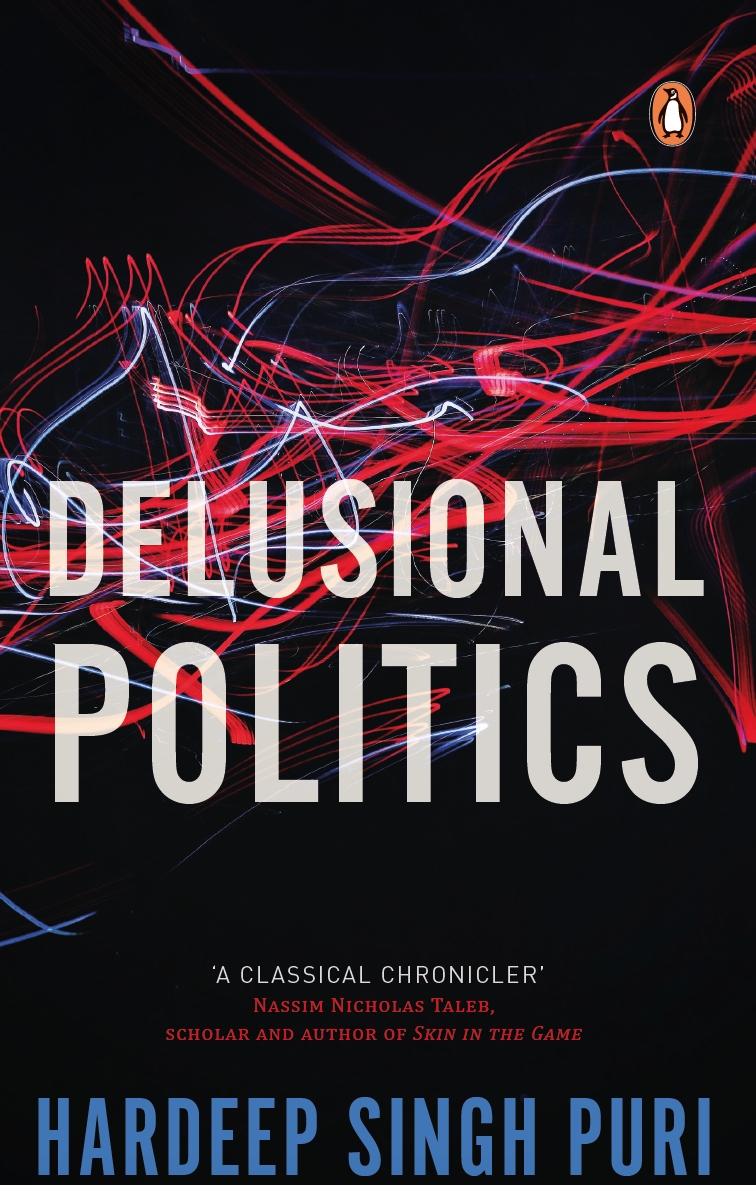 Courtesy: Penguin
Courtesy: Penguin
The apparently disparate themes that Hardeep Singh Puri analyses in this book cohere under his overarching thesis about delusional decision-making and its unexpected consequences, be it Brexit or the rise of populist leaders. His analysis includes an examination of the democratic process, the role of the media and the elusive nature of definitions
 Courtesy: Shutterstock
Courtesy: Shutterstock
The African Continental Free Trade Area, launched in July, is a landmark achievement, aiming to eliminate tariffs on 90% of products covered by intra-Africa trade and thereby spur entrepreneurial initiative and job creation. It envisages many other gains as well, but the hurdles in their realisation cannot be wished away. An analysis
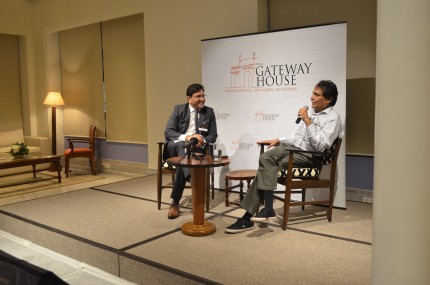 Courtesy: Gateway House
Courtesy: Gateway House
Suresh Prabhu, G7 and G20 Sherpa for India and four-time Member of Parliament, who was at Gateway House for a meeting in July, spoke about India’s growing prominence in the G20 and gave a summary of discussions at the Osaka Summit
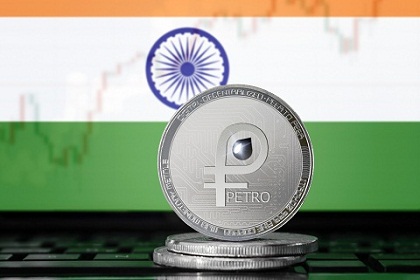 Courtesy: Shutterstock
Courtesy: Shutterstock
India can catalyse trading in oil on its domestic exchanges, and thereby adjust global oil prices so they reflect the changing patterns of global trade. In the process, this can help Indian companies and government reduce the risks arising from high energy prices. And in the long run, it can give India a more central position in the global financial system
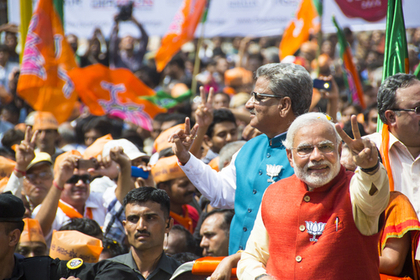 Courtesy: Shutterstock
Courtesy: Shutterstock
The reelected BJP government faces the dual challenges of agriculture stress and weak employment. The author believes that India's world standing in food and agriculture gives it a platform to address the issue of genetically modified seeds, and that performance risk insurance should be used to support financing for Small and Medium Enterprises
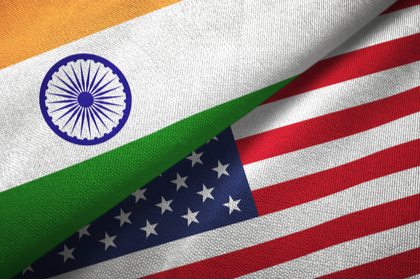 Courtesy: Shutterstock
Courtesy: Shutterstock
The substantive efforts underway in the U.S. to designate India a Major Non-NATO ally reflect the deepening bilateral security and trade cooperation. It will enhance India’s military capabilities and strategic positioning with American allies in the region.
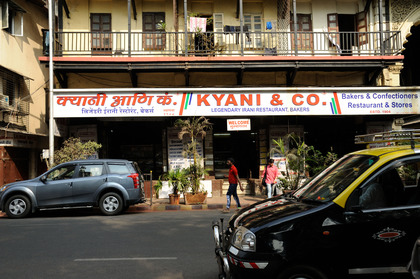 Courtesy: Shutterstock
Courtesy: Shutterstock
The Irani cafés of Mumbai are a unique part of the city’s history. Founded about 120 years ago by Zoroastrian and Shia immigrants from Iran, they catered principally to workers in mills and factories. The few that remain are a reminder of a well- assimilated cultural, particularly culinary, link between India and Iran
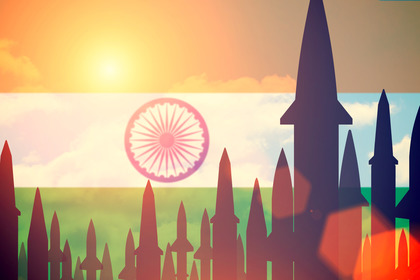 Courtesy: Shutterstock
Courtesy: Shutterstock
Chandrayaan-2’s postponed launch is no cause for disappointment. It gives India a chance to draw in the skills of the private sector to accelerate heavy-lift rocket manufacturing
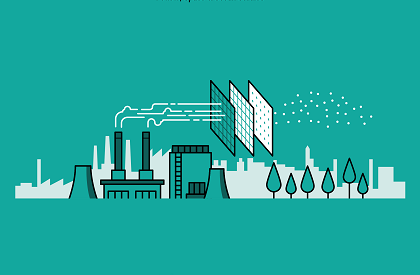 Courtesy: Gateway House
Courtesy: Gateway House
The United Nations’ 2015 Paris Agreement called for the immediate sequestration of atmospheric anthropogenic greenhouse gases to help avert serious environmental degradation. India can take the lead in this because it is the second largest emitter of methane. Of all the natural greenhouse gases, methane is the hardiest. Technological advances are making it possible to crack methane into gaseous hydrogen and solid carbon on a commercial scale. Methane cracking can provide a steady supply of hydrogen for futuristic transportation and solid carbon materials — graphene, carbon nanotubes, synthetic diamonds — which are integral to the marine, aerospace and space industries. The commercial benefits apart, methane cracking will also go a long way in meeting the Paris Agreement’s climate change mitigation objectives. This paper offers some concrete recommendations that can help the government of India shape national legislation and global geoeconomic strategies